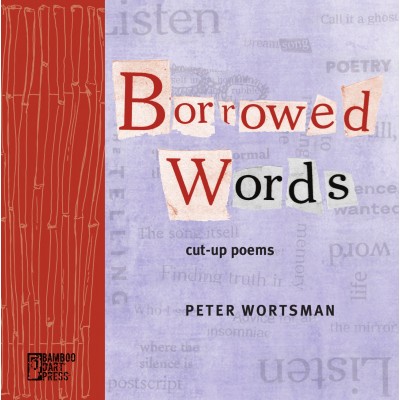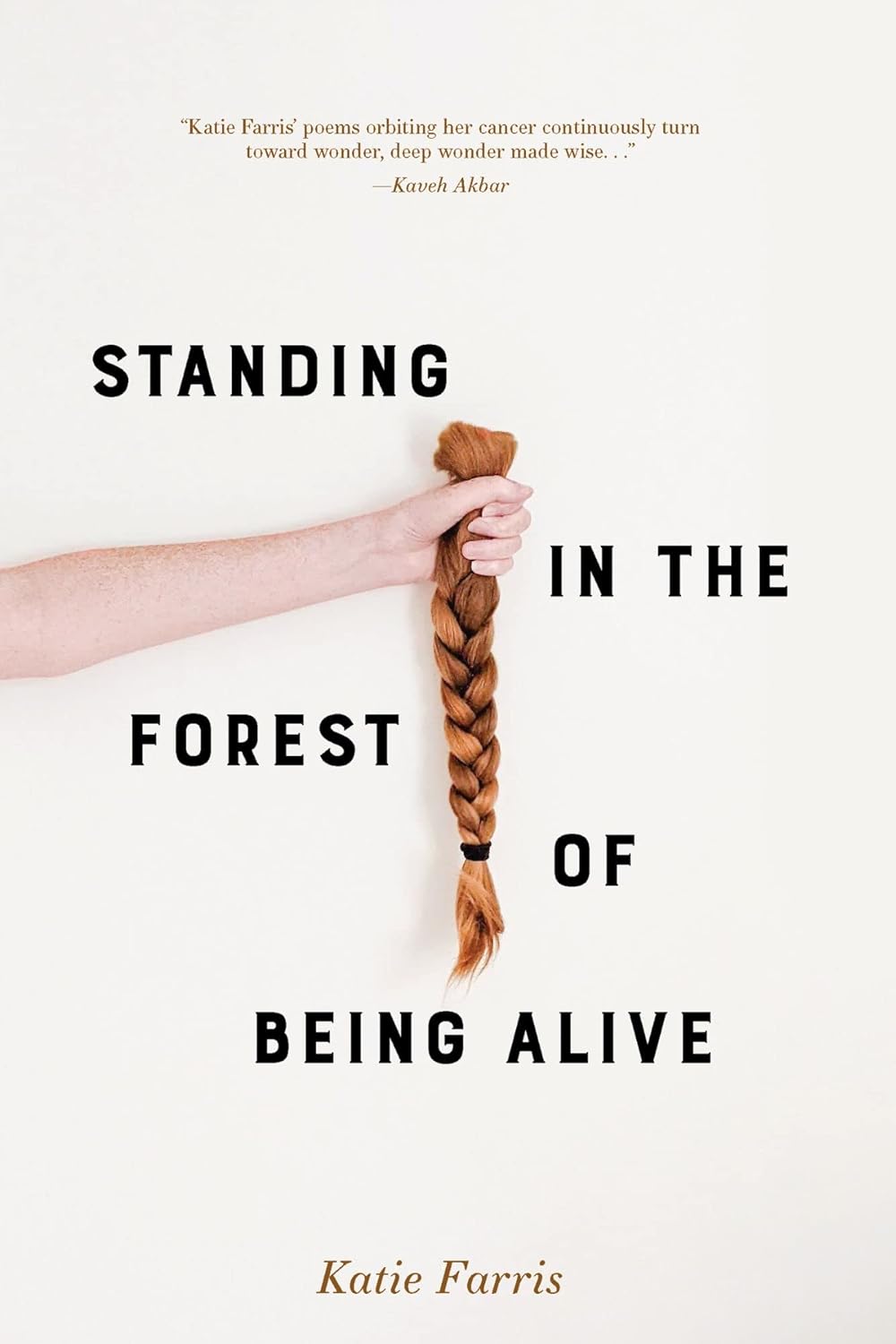 This isn’t a book that makes decisions for the reader. Murray’s knowledge and reference to other forms of art, schools, and theories is broad enough that the reader can find their own stolen moments of either appreciation or critique. But there are consequences for not having an “intermediary structure” (Murray 51) as simple as a porch that potentially shelters a wild cat.
This isn’t a book that makes decisions for the reader. Murray’s knowledge and reference to other forms of art, schools, and theories is broad enough that the reader can find their own stolen moments of either appreciation or critique. But there are consequences for not having an “intermediary structure” (Murray 51) as simple as a porch that potentially shelters a wild cat.
Category: Book Reviews
Book Reviews
A review of Called To Coddiwomple by Colleen Moyne
 The narrative pieces are well defined and give an insight into human nature, which express an attitude towards life, a way of being in the world. Reading Called to Coddiwomple is an immersive experience which impacts on perception and empathy. The reader feels embraced by the author’s experiences, intimate as well as excited by the new life she embarks on.
The narrative pieces are well defined and give an insight into human nature, which express an attitude towards life, a way of being in the world. Reading Called to Coddiwomple is an immersive experience which impacts on perception and empathy. The reader feels embraced by the author’s experiences, intimate as well as excited by the new life she embarks on.
A review of Places We Left Behind by Jennifer Lang
 The basic plot of Places We Left Behind can be read and understood quickly, which Lang acknowledges with her handy timeline at the beginning. However, more thoughtful readings and re-readings allow for an appreciation of the full depth and grace of her journey and what it conveys about the meaning of Jewish practice and human relationships in general.
The basic plot of Places We Left Behind can be read and understood quickly, which Lang acknowledges with her handy timeline at the beginning. However, more thoughtful readings and re-readings allow for an appreciation of the full depth and grace of her journey and what it conveys about the meaning of Jewish practice and human relationships in general.
A review of The Rose Metal Press Field Guide to Graphic Literature edited by Kelcey Ervick and Tom Hart
 Each essay follows the same format. The author writes about the problem or challenge that he or she wants to give insight into, whether it’s composing characters from found images (Oliver Baez Bendorf, “Released from Forms”), or how to write authentic dialogue (Mira Jacob, “”Dialogue”) or how to portray real-life characters in journalism (Josh Neufeld, “Drawing the News”).
Each essay follows the same format. The author writes about the problem or challenge that he or she wants to give insight into, whether it’s composing characters from found images (Oliver Baez Bendorf, “Released from Forms”), or how to write authentic dialogue (Mira Jacob, “”Dialogue”) or how to portray real-life characters in journalism (Josh Neufeld, “Drawing the News”).
A review of His Majesty’s Airship: The Life and Tragic Death of the World’s Largest Flying Machine by S. C. Gwynne
 The book is primarily a history of airships and national pride. Throughout its pages we encounter one or another obsessive character who has a glorious vision, who is great at self-promoting, and who – all evidence to the contrary– believes he can attain the impossible. A safe, powerful, fast-moving airship. But all, all, are either building their vision upon faulty information, bad and dangerous science, and airy visions.
The book is primarily a history of airships and national pride. Throughout its pages we encounter one or another obsessive character who has a glorious vision, who is great at self-promoting, and who – all evidence to the contrary– believes he can attain the impossible. A safe, powerful, fast-moving airship. But all, all, are either building their vision upon faulty information, bad and dangerous science, and airy visions.
A review of Already Long Ago by David Giannini
 David Giannini is a wonderful teacher. This is a partial list of the words he taught me: Tardis [sic] (acronym for Time and Relative Dimension in Space), withes (branches of an osier used for tying), gnomon (part of a sundial that casts a shadow), dittany (a bushy shrub), skift (something that is light), sposhy (slushy, dirty, and wet), rivulose (having irregular lines), garth (small yard or enclosure), tohubohu (a state of chaos; utter confusion), and my favorite, mondegreen (a mishearing or misinterpretation of a phrase in a way that gives it a new meaning.)
David Giannini is a wonderful teacher. This is a partial list of the words he taught me: Tardis [sic] (acronym for Time and Relative Dimension in Space), withes (branches of an osier used for tying), gnomon (part of a sundial that casts a shadow), dittany (a bushy shrub), skift (something that is light), sposhy (slushy, dirty, and wet), rivulose (having irregular lines), garth (small yard or enclosure), tohubohu (a state of chaos; utter confusion), and my favorite, mondegreen (a mishearing or misinterpretation of a phrase in a way that gives it a new meaning.)
A review of The Year My Family Unravelled by Cynthia Dearborn
 Dearborn writes with such clarity, and with so much good-natured acceptance and linguistic beauty, that the revelations which pepper this book are like rockets propelling the narrative. It’s a real skill, allowing the book to take on the rhythm and pacing of Russell’s slow decline while incorporating a modern perspective and synthesis.
Dearborn writes with such clarity, and with so much good-natured acceptance and linguistic beauty, that the revelations which pepper this book are like rockets propelling the narrative. It’s a real skill, allowing the book to take on the rhythm and pacing of Russell’s slow decline while incorporating a modern perspective and synthesis.
A review of Borrowed Words: Cut-up Poems by Peter Wortsman
 This poet’s cut-up poems, generated mostly during the lockdown phase of the pandemic, when he felt “cut-off [like a] … modern day monk languishing in the solitude of my cell…” find their roots in Dada poet Tristan Tzara’s méthode découpé, and shares scissors with William S. Burroughs’ cut-up method by which the gunman-junkie-novelist made new poems from old material. Wortsman’s approach differs though from his forbears.
This poet’s cut-up poems, generated mostly during the lockdown phase of the pandemic, when he felt “cut-off [like a] … modern day monk languishing in the solitude of my cell…” find their roots in Dada poet Tristan Tzara’s méthode découpé, and shares scissors with William S. Burroughs’ cut-up method by which the gunman-junkie-novelist made new poems from old material. Wortsman’s approach differs though from his forbears.
A review of Laughing Matters: Poems with a Wink and a Smile by James A. Tweedie
 James Tweedie is not only a first-rate poet, but is also a musician and composer, which is very refreshing to me, as I am also both a poet and a musician. You can hear the musicality exuding from his poetry. The meter is clean and precise, the rhymes are perfect, rarely slanted, so you get the full effect of the satisfactions inherent in perfectly-executed formal poetry. But it never upstages the humor and wit of Tweedie’s funny perspective, and the results are often quite unexpected!
James Tweedie is not only a first-rate poet, but is also a musician and composer, which is very refreshing to me, as I am also both a poet and a musician. You can hear the musicality exuding from his poetry. The meter is clean and precise, the rhymes are perfect, rarely slanted, so you get the full effect of the satisfactions inherent in perfectly-executed formal poetry. But it never upstages the humor and wit of Tweedie’s funny perspective, and the results are often quite unexpected!
A review of Standing in the Forest of Being Alive by Katie Farris
 Over and over, Farris lightly dances between the doors of this world and beyond, between the possibility of dying, between the possibility of continuing to live, almost daring death, daring the doctor. She continues to give the reader a very candid view of how she copes with cancer, treatment, other people’s views of her, her own sense of loss, America, and her will to live.
Over and over, Farris lightly dances between the doors of this world and beyond, between the possibility of dying, between the possibility of continuing to live, almost daring death, daring the doctor. She continues to give the reader a very candid view of how she copes with cancer, treatment, other people’s views of her, her own sense of loss, America, and her will to live.